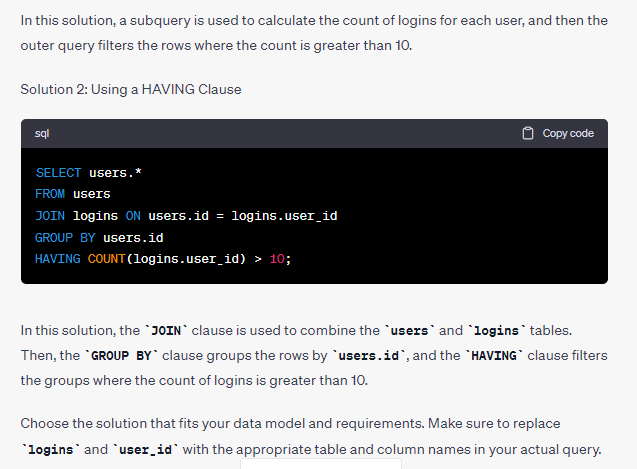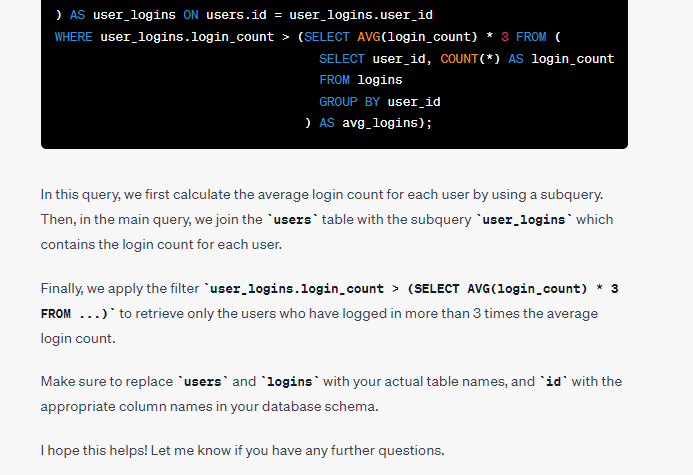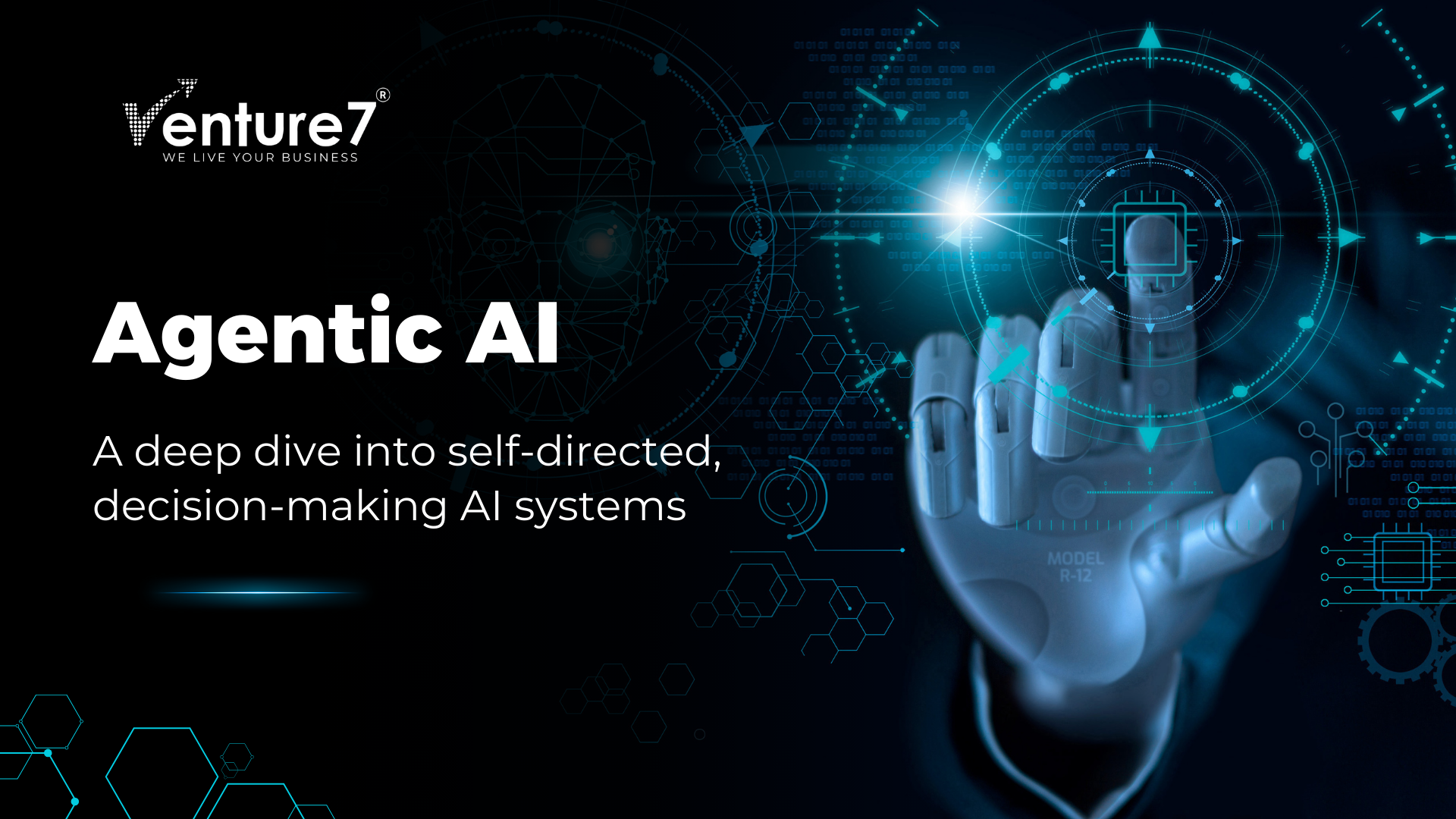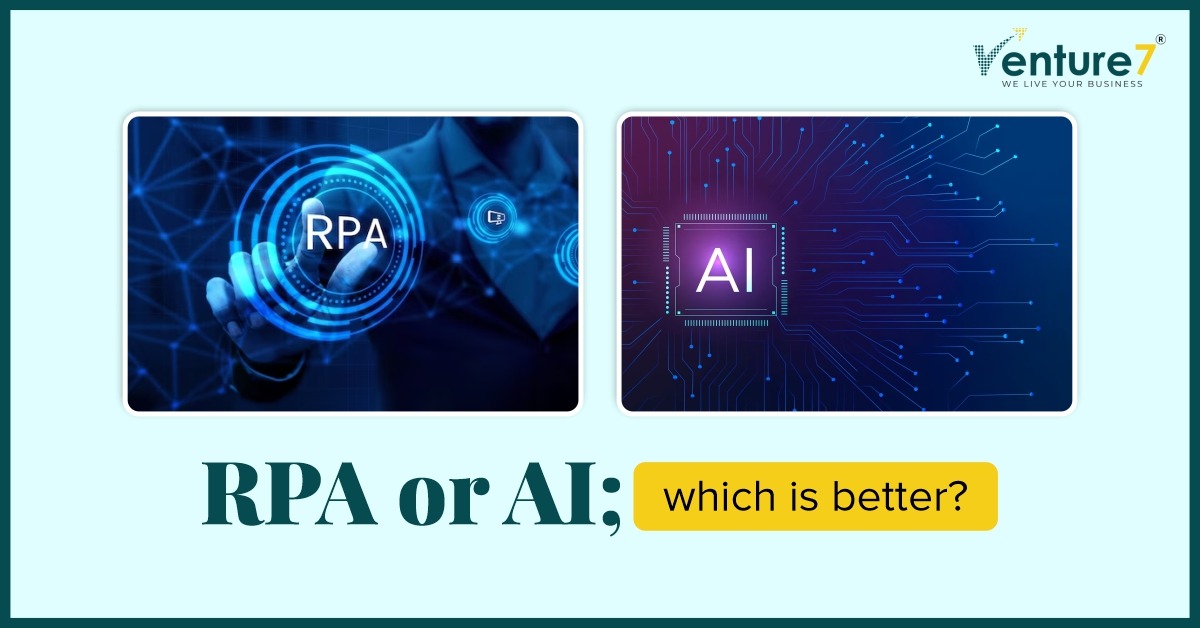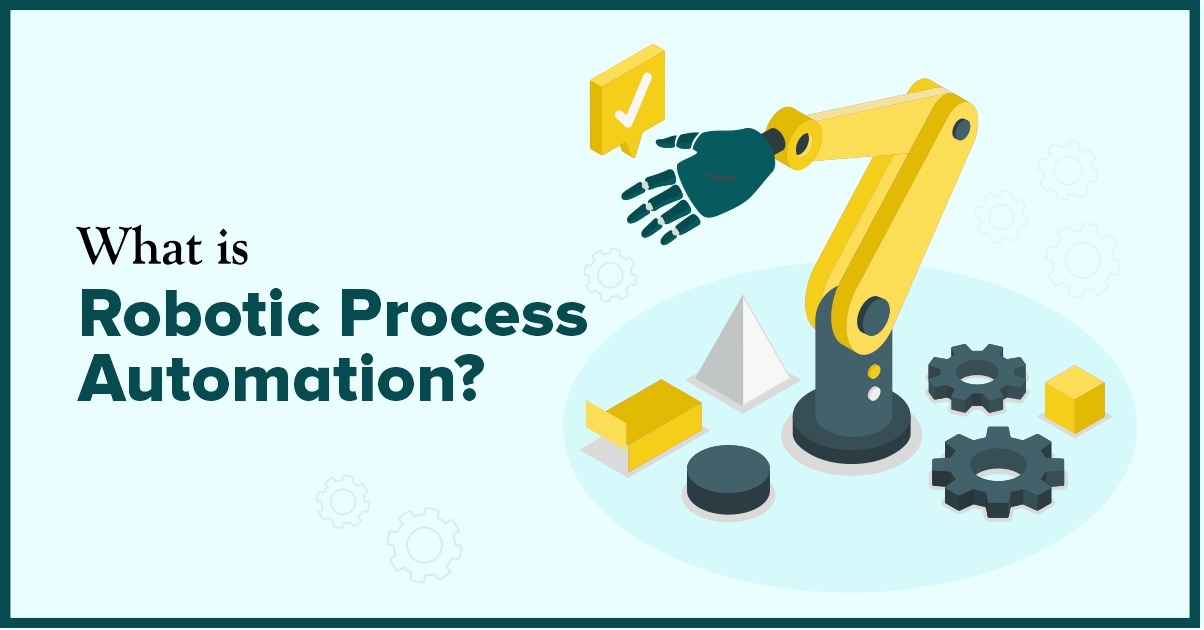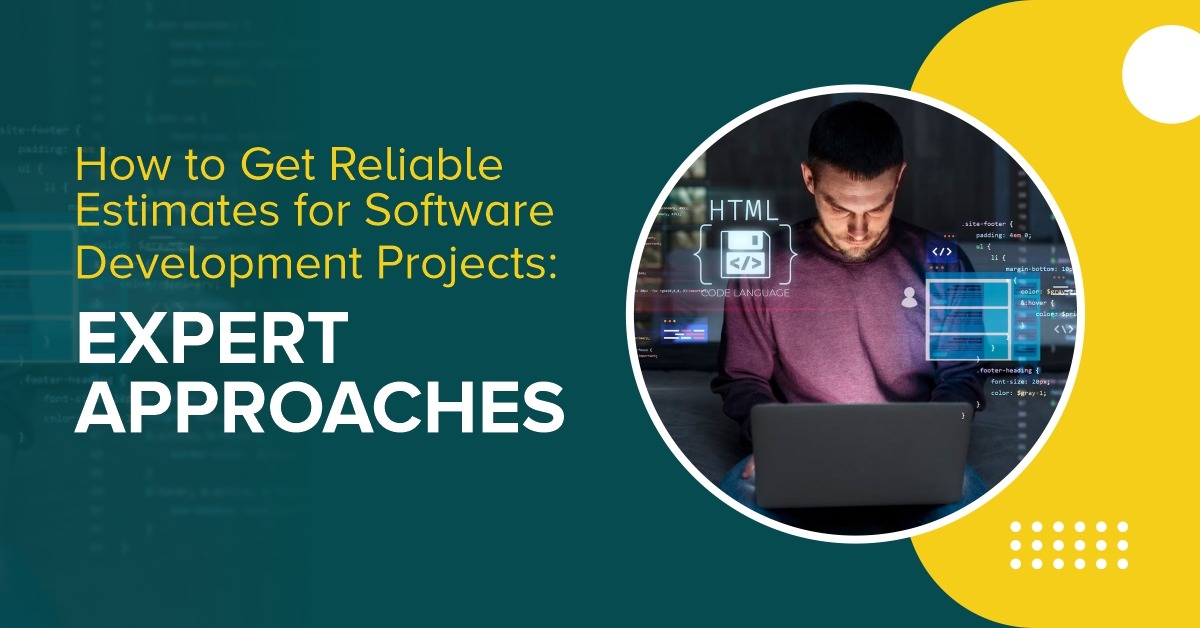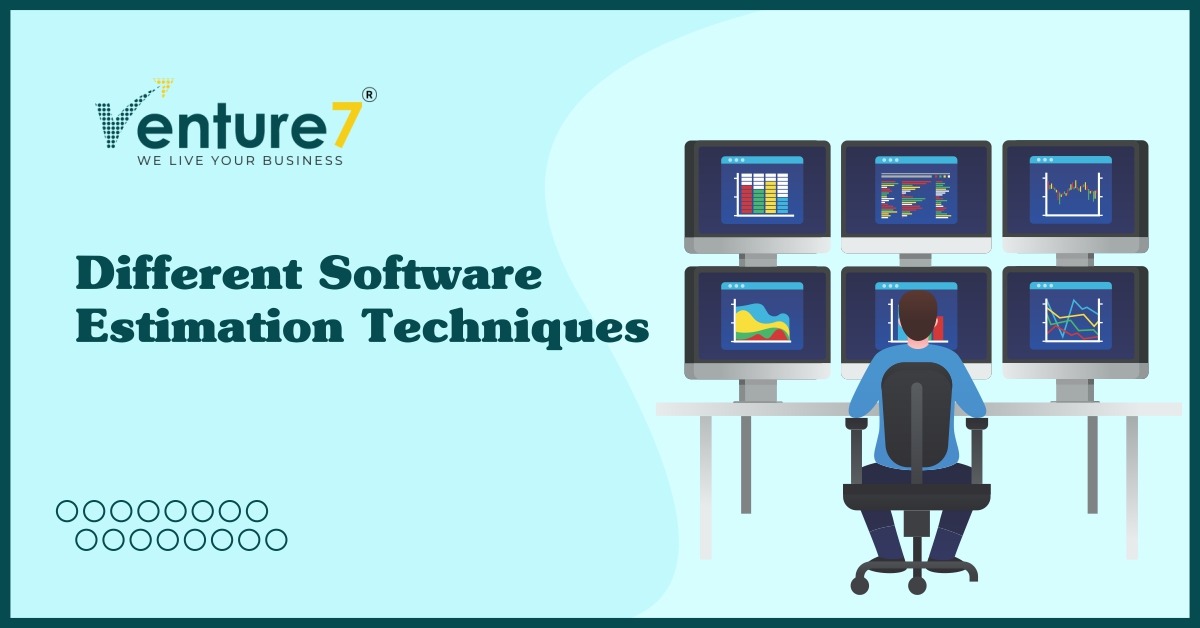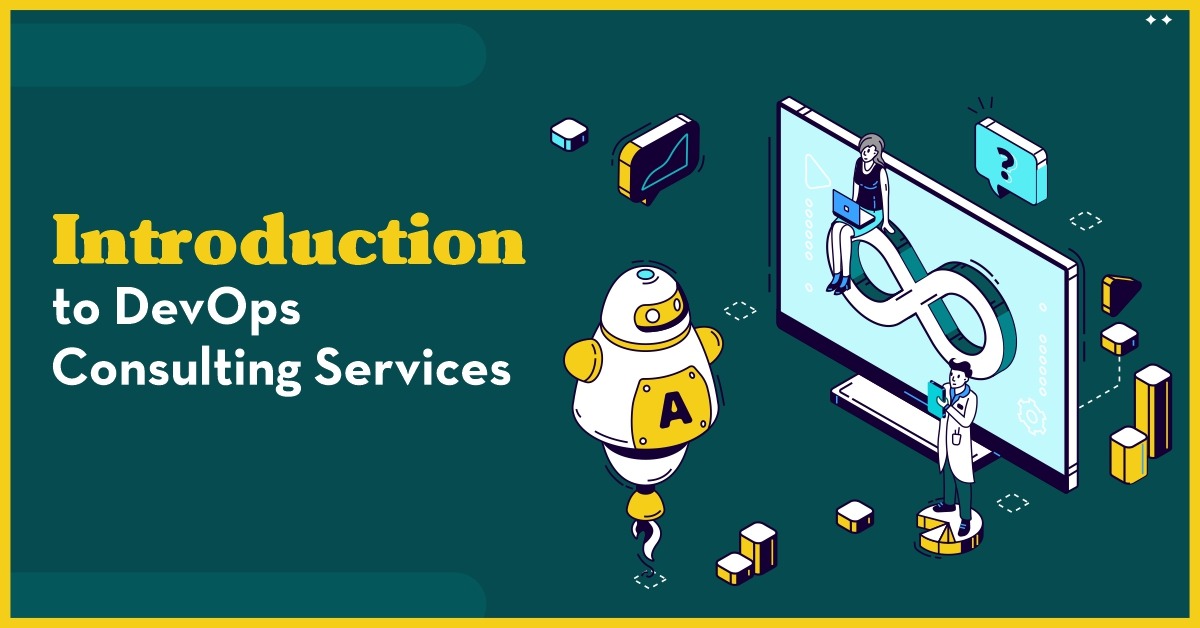Could AI potentially take over the role of SQL analysts?
Artificial intelligence has recently gained popularity in generating SQL queries. SQL has been a crucial technology for risk and fraud analysts, data analysts, business operations teams, and engineers in analyzing and utilizing company data for years. Previously, mastering SQL was a skill that only humans could possess. However, with the introduction of artificial intelligence, this has changed. The latest program from OperiAI, ChatGPT, can generate SQL queries automatically. This program is designed to assist you with writing, debugging, and editing SQL queries. Let’s explore its capabilities. AI has the ability to debug SQL queries. You can provide an existing SQL query and request assistance resolving any problems. For instance, we asked for AI’s help correcting a syntax error related to counting in the following scenario. The below section: The AI resolved the issue, and a proper outcome was provided. AI can Edit As well. With the help of AI, you can now easily edit SQL queries. For example, we requested AI to modify a SQL block that searches for users with more than 10 logins to users who have logged in over thrice the average number of logins per user. The Bottom Portion. AI can do more than make SQL queries. It can also explain how they work, which is cool! Read the explanation below: That’s impressive! It means that with the help of AI, you can write, debug, and edit SQL queries. Is it capable of replacing a human analyst completely? AI can struggle with comprehending a company’s unique data schema and business logic. In practical scenarios, numerous companies possess complex and interdependent data schemas that can be challenging to comprehend without comprehensive knowledge of each field or table’s underlying meaning and relationships. AI will struggle in such a scenario. An AI may not comprehend the particular significance and operational principles of every field or table it is requested to search for. It requires involving human understanding and decision-making to produce solutions. AI struggles with crafting the most complex inquiries. Generating complex SQL queries may be a challenge for AI. Queries that demand a thorough comprehension of the data schema or business logic, such as those incorporating window functions, multiple subqueries, or advanced statistical or machine-learning methods, may be difficult. AI is not always accurate. It is strongly recommended that a human with data knowledge reviews AI-generated queries before implementing them in production. The AI may lack sufficient context to generate an accurate SQL query or attempt to apply an inappropriate context to your query. Hence, a human analyst must examine and modify the query to guarantee its precision and relevance. The AI is unable to understand the query results and take action accordingly. Creating the SQL query is just one aspect of the task. Understanding the significance of the findings and deciding how to respond to them is essential, which remains a duty that only a human can assume. So, what is the conclusion or decision? AI cannot completely replace a SQL analyst. Rather, its purpose is to augment their job by enabling them to work faster and more efficiently. Let’s check what AI has to say about this. Believe the AI: 

